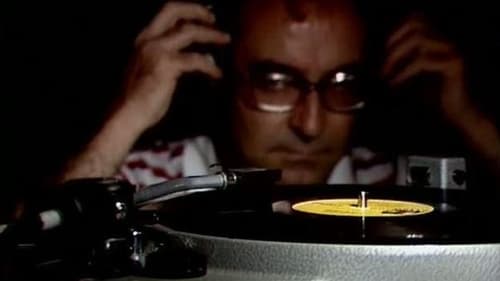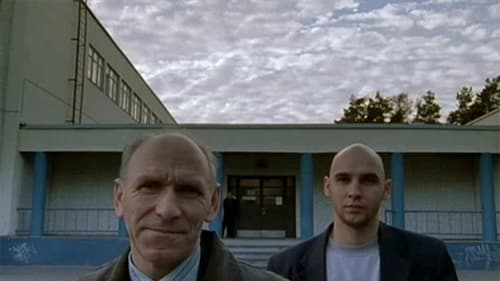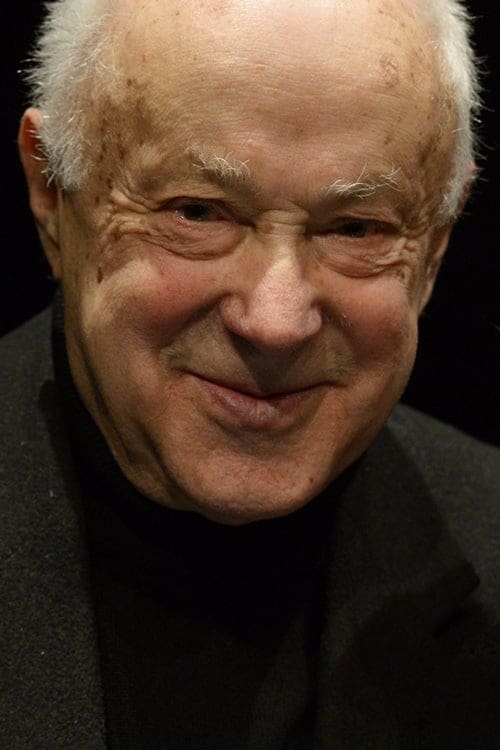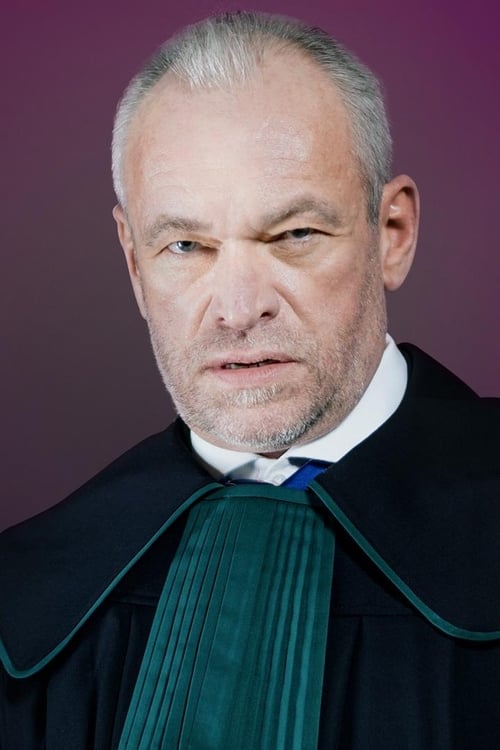The Forest (2009)
Género : Drama
Tiempo de ejecución : 1H 16M
Director : Piotr Dumała
Escritor : Piotr Dumała
Sinopsis
The action of the film takes place in two periods of time. An old man leads his son through a forest, and is simultaneously under his care confined to bed with a deadly illness.

The film's subject is a photograph of Jane Fonda visiting Hanoi during the Vietnam War. It asks what the position of the intellectual should be in the class struggle and points out the irony of Jane Fonda's participation in the photo shoot, which was staged.

In 1998, Jean-Luc Godard made a short video entitled Adieu au TNS (Farewell to the TNS). Never released (or intended to be), the video is nearly impossible to see and has not been included in any Godard retrospectives to date.

Jean-Luc Godard's and Jean-Pierre Gorin's interpretation of the Chicago Eight / Chicago Seven trial, which followed the 1968 Democratic National Convention protest activities. Judge Hoffman becomes the character Judge Himmler (played by Ernest Menzer) and the defendants become a microcosms of the French Revolution.

One night, Matiss Zelcs, an employee of the Latvian national archive in Riga, notices a woman on a bridge. After passing by her without preventing her suicidal fall into the depths, a sensation of failure and guilt changes his life. He cannot forget her. Driven by a feeling of remorse and the fever of illusion, he roams through the city night and day looking for traces of her existence. This journey through the tumult of his conscience leads him deeper into his own loneliness and the depths of his soul, as he gets more and more entangled in the destinies of the woman and of the people who were attached to her. He finds himself confronted with the pain of yearning and guilt, the cruelty of love and desire, and the search for forgiveness, release and salvation.

Lighter and livelier than the films Jean-Luc Godard had made in France, his U.S. collaboration with Direct Cinema documentarian D. A. Pennebaker was meant to be One A.M., as in “one American movie”; but Godard quit the project and the U.S., where to his dismay he discovered that revolution wasn’t imminent, and Pennebaker edited Godard’s material, to which he and Richard Leacock even added a bit more, releasing the result as One P.M., as in “one parallel movie.” It’s a stunning mixture of cinéma-vérité, political theater, and interviews of key sixties figures.

This short film is Godard’s message to the people of Lausanne, specifically journalist and critic Freddy Buache, addressing his reasons why he will not make a film about their town’s 500th anniversary. Rather than cynical or defensive, Godard's bemused narration of the footage of Lausanne is imaginative and even playful, a rumination on cinema's possibilities.

Veinticinco cineastas, uno por cada estado de la Unión Europea, realizaron una película sobre sus respectivos países. Todas tenían el mismo presupuesto, debían estar ambientadas en el presente o en un futuro inmediato y durar cinco minutos. No había otras limitaciones, de modo que los autores tenían plena libertad para expresarse. Entre los directores figuran tanto nombres consagrados como voces nuevas dentro del panorama cinematográfico. Cada corto tiene su propia identidad, por lo que es posible establecer comparaciones fascinantes; pero, además, juntos ofrecen una imagen global de la Comunidad Europea a través de la fusión de esas distintas visiones conceptuales y creativas.

El peregrinaje de una de una enfermera enajenada, cercada por la muerte, en busca de su amigo de infancia perdido. Reuniendo sus recuerdos, se embarca en un viaje lleno de paradojas, en su propia memoria, y en las de las personas que encontrará. Su búsqueda no la llevará al lugar que ella esperaba, y sin embargo, su vida ya no será nunca más la misma. Una película sobre la relatividad de la memoria, sobre la incertidumbre de nuestro pasado, y, sobre todo, sobre nuestro propio descubrimiento de nosotros mismos.

An impressionistic retelling of Dostoyevsky's "A Gentle Spirit"









